As a BetterHelp affiliate, we receive compensation from BetterHelp if you purchase products or services through the links provided
Narcissistic personality disorder, a condition marked by an inflated sense of self-importance and a deep need for admiration, is challenging to manage in any relationship. However, when the individual with this condition is a family member, such as a brother, the dynamics become more complex and emotionally charged. Siblings with narcissistic traits can impact family relations and personal well-being, hardly showing empathy for others and frequently manipulating situations to their advantage.
The relationship with a narcissistic brother often requires establishing firm boundaries to protect emotional health. Recognizing the signs of narcissistic behavior is crucial for understanding how to interact effectively, especially during extended family gatherings where the behavior can be magnified. Regular exposure to this challenging dynamic may lead to stress and anxiety, requiring consistent strategies to cope and maintain one’s sense of self.
Key Takeaways
- Narcissistic traits in a sibling can strain family relationships and individual well-being.
- Establishing boundaries is essential in dealing with a narcissistic brother.
- Recognizing these behaviors and employing coping strategies are vital for maintaining emotional health.
Understanding Narcissism
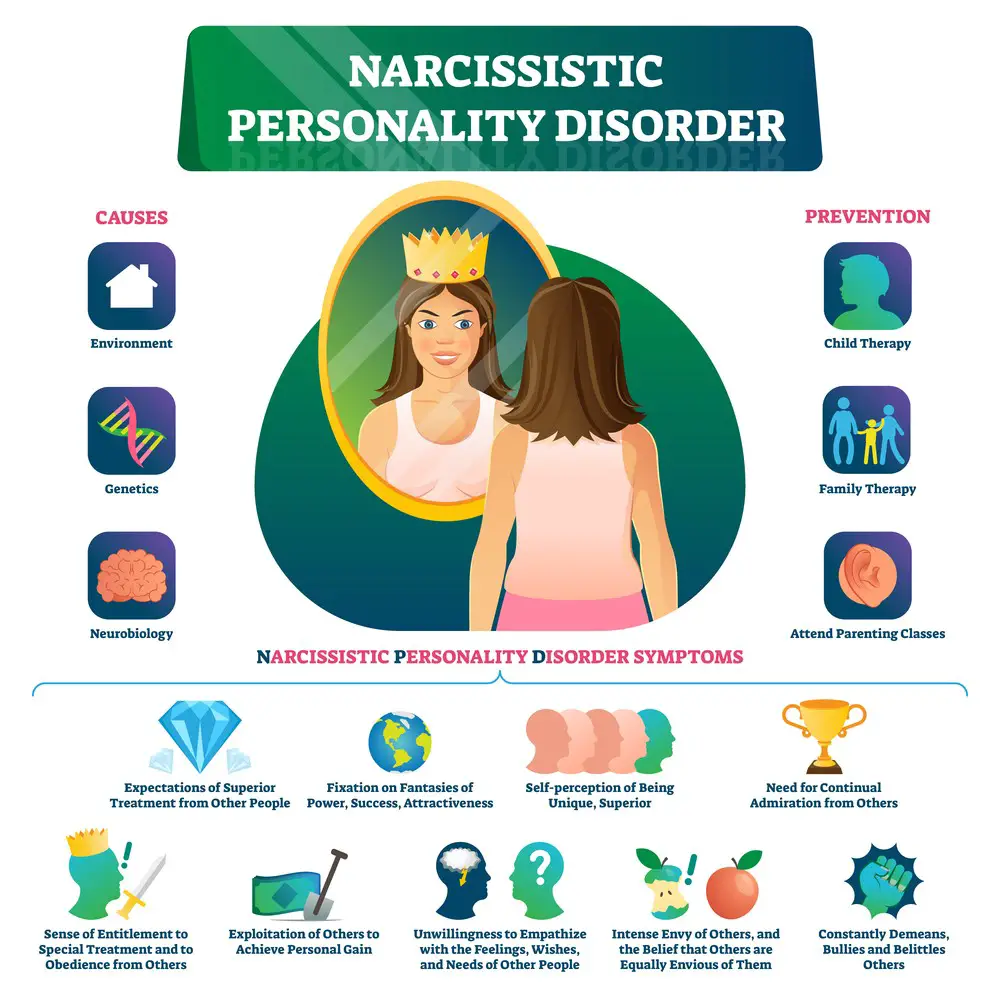 In exploring the complexities of narcissism, it’s essential to unpack the characteristics of Narcissistic Personality Disorder, recognize narcissistic tendencies in siblings, and understand how these traits may emerge from childhood development.
In exploring the complexities of narcissism, it’s essential to unpack the characteristics of Narcissistic Personality Disorder, recognize narcissistic tendencies in siblings, and understand how these traits may emerge from childhood development.
Defining Narcissistic Personality Disorder
Narcissistic Personality Disorder (NPD) is a mental condition characterized by a long-term pattern of exaggerated self-importance, a deep need for excessive attention and admiration, and a lack of empathy for others. Personality traits often include grandiosity, a sense of superiority, and a preoccupation with fantasies of success, power, or beauty.
- Core characteristics include:
- Excessive self-focus
- Difficulty with empathy
- A craving for admiration
Signs of Narcissism in Siblings
A narcissistic sibling may display behaviors that challenge familial harmony. These signs can manifest in consistent ways and may include:
- Dominating conversations, often redirecting the focus to themselves.
- Envy of their siblings’ accomplishments or overt behaviors to undermine them.
- Experiences of anger when they aren’t the center of attention.
- Recognizable patterns:
- Bragging about personal achievements
- Insensitivity to siblings’ feelings
Child Development and Narcissism
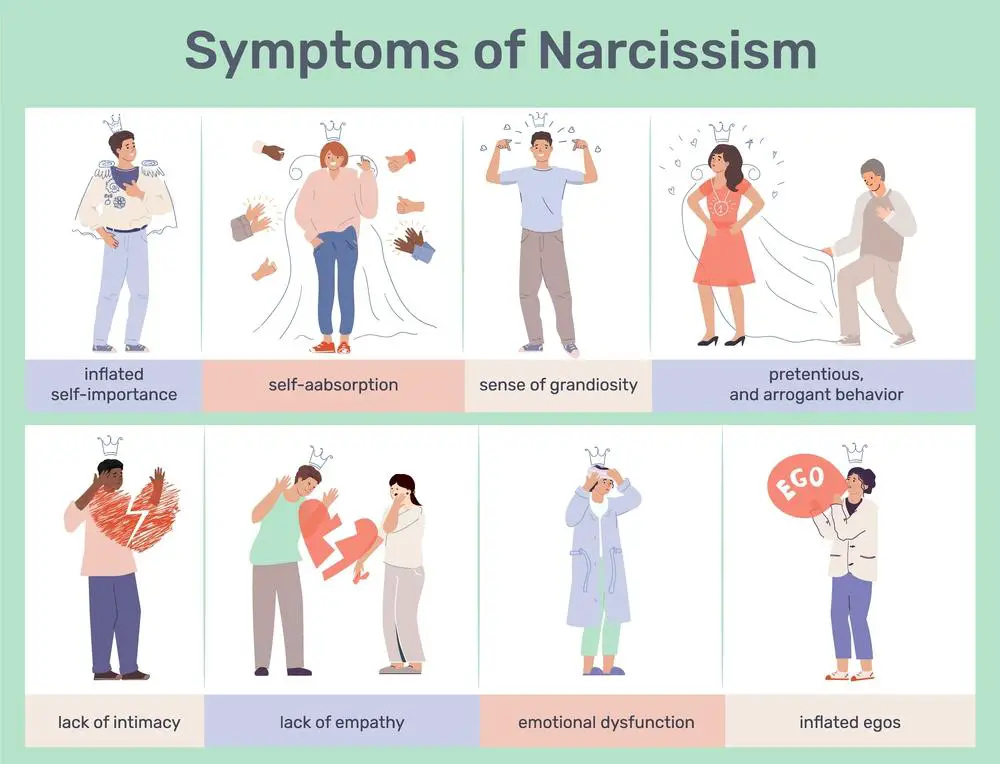 Personality development in children can sometimes take a turn toward narcissistic patterns due to various factors, including parenting styles and early childhood experiences. Traits can become evident in behaviors such as resistance to authority, unfounded sense of entitlement, and disregard for others’ needs.
Personality development in children can sometimes take a turn toward narcissistic patterns due to various factors, including parenting styles and early childhood experiences. Traits can become evident in behaviors such as resistance to authority, unfounded sense of entitlement, and disregard for others’ needs.
- Contributing factors may include:
- Overpraising for average actions
- A lack of realistic feedback from parents or caregivers
- Observations:
- Exhibiting superiority over peers
- Difficulty in forming genuine friendships
Key Takeaways:
- Narcissism has specific traits that can be identified in family dynamics.
- Childhood experiences can lay the groundwork for narcissistic behaviors.
Dynamics of a Narcissistic Family

In a narcissistic family, the relationships and interactions often revolve around the needs and desires of the narcissistic family member. This can create a unique set of challenges and roles for each family member.
Family Roles and Birth Order
- Golden Child: The child who can do no wrong in the eyes of the narcissistic parent, often because they reflect the parent’s image.
- Scapegoat: The family member who gets blamed for the family’s problems, carrying the burden of criticism.
Birth order can influence these roles. Firstborns may be likelier to become the golden child, while middle or youngest children might more often be the scapegoats. Such dynamics can significantly affect individual development and self-esteem.
Key takeaway: Birth order can play a pivotal role in the formation of family roles within narcissistic families, influencing lifelong self-perception.
Parental Favoritism and Narcissism
Narcissistic parents may exhibit clear favoritism, often based on which child best serves their narcissistic supply. This favoritism disrupts normal sibling relationships and can lead to:
- Children competing for affection: Striving to please the parent at all costs.
- Emotional neglect: Siblings not favored by the parent might face emotional neglect, impacting their mental health.
The golden child often benefits from the parent’s attention, whereas others may be ignored or treated as inferior, perpetuating the dysfunctional family dynamics.
Key takeaway: Parental favoritism in narcissistic families results in a skewed distribution of affection that can warp sibling relationships.
Impact on Siblings and Family Dynamics
The presence of a narcissistic sibling can dramatically alter family dynamics, leading to a range of effects:
- Altered roles: Other siblings may take on roles such as the mediator or the caretaker to compensate for family tension.
- Conflict: Heightened levels of disagreement and strife may become a common feature within the family setting.
The emotional environment can become fraught with tension as family members navigate the demanding and often unreasonable expectations of the narcissistic individual.
Key takeaway: The narcissistic sibling can significantly influence the emotional tone within the family, often fostering conflict and disrupting healthy family interactions.
Boundaries and Safety
When dealing with a narcissistic brother, establishing clear boundaries and ensuring personal safety are
Recognizing Narcissistic Behaviors
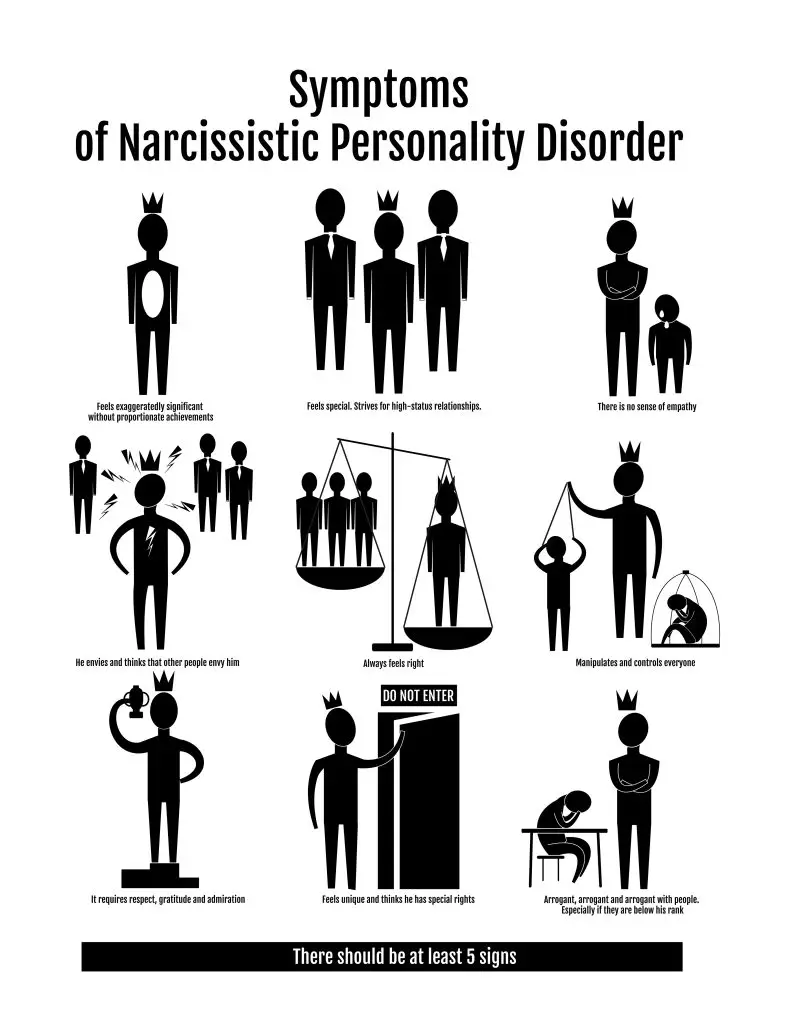 Identifying narcissistic behaviors is pivotal in understanding how to manage a relationship with a brother showcasing such traits. These behaviors often create a challenging dynamic within the family.
Identifying narcissistic behaviors is pivotal in understanding how to manage a relationship with a brother showcasing such traits. These behaviors often create a challenging dynamic within the family.
Toxic Traits and Manipulation Tactics
Narcissistic individuals may display a range of toxic traits that can be deeply damaging to those around them. It’s not uncommon to see the following behaviors:
- Self-Centeredness: They tend to make everything about themselves.
- Lack of Empathy: Difficulty or unwillingness to recognize the needs and feelings of others.
- Exploitation: Using others without consideration for their feelings or interests.
In terms of manipulation tactics, here are specific ways they might manifest:
- Gaslighting: Convincing someone that their reality is not valid.
- Triangulation: Bringing a third person into a conflict or situation to gain an upper hand.
- Playing the Victim: Portraying themselves as the injured party to deflect blame.
Key Takeaway: It’s essential to identify these behaviors and tactics to protect oneself from the emotional fallout that often accompanies a relationship with a narcissist.
Dealing with Rage and Blame
Dealing with a narcissistic brother can be particularly challenging when it comes to their expression of rage and the tendency to blame others. Here’s what this might look like:
- Sudden Outbursts: Unexpected displays of anger when they don’t get their way.
- Projection: Attributing their negative qualities or behaviors to others.
- Blame-Shifting: Refusing to accept responsibility for their actions or failures.
When faced with these situations, here are some strategies to consider:
- Maintain Boundaries: Be clear about unacceptable behavior and enforce those limits.
- Stay Calm: Reacting with emotion can escalate the situation; staying composed can defuse tension.
- Seek Support: It’s essential not to handle this alone; seeking the guidance of a professional can provide valuable strategies.
Key Takeaway: Navigating a narcissist’s rage and blame requires a delicate balance of firmness and calmness, coupled with external support when needed.
The Impact on Mental and Emotional Health
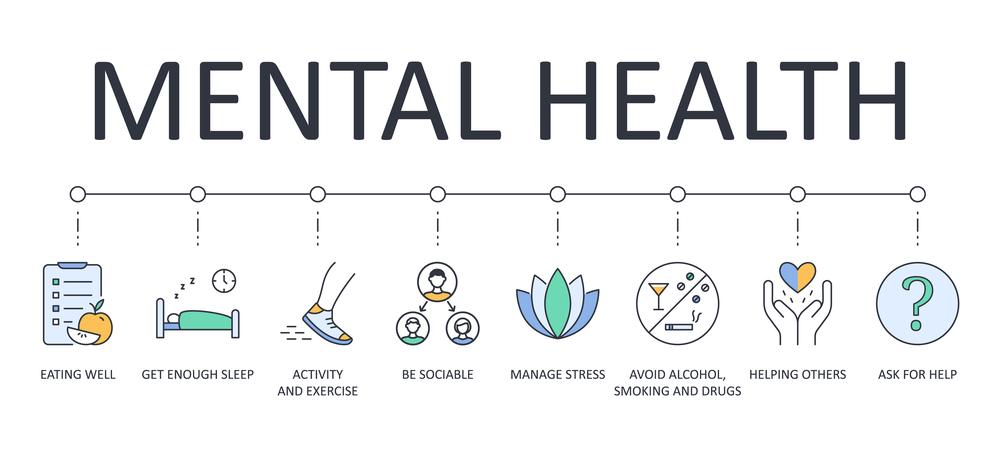 Having a narcissistic brother can significantly strain one’s mental and emotional well-being. The complex dynamics often lead to negative feelings such as confusion, shame, and a profound sense of loss relating to the idealized sibling bond.
Having a narcissistic brother can significantly strain one’s mental and emotional well-being. The complex dynamics often lead to negative feelings such as confusion, shame, and a profound sense of loss relating to the idealized sibling bond.
Grieving the Ideal Sibling Relationship
The loss of a nurturing sibling relationship can trigger a grief process. People may mourn the connection they expected to have, feeling:
- Disappointment: Realizing the familial bond does not meet their hopes or societal expectations.
- Sadness: Feeling a pervasive sorrow over the lack of a supportive brother.
Key takeaway: Recognizing these emotions as a form of grief can be crucial in healing.
Handling Emotional Turmoil
Engagement with a narcissistic brother can evoke a range of intense emotions, necessitating effective coping strategies:
- Recognize and Acknowledge Feelings: Identifying emotions like shame or pain can validate personal experiences.
- Set Boundaries: Limit contact or emotional investment to prevent further harm.
Key takeaway: Establishing limits is essential to protect emotional health.
Coping Strategies and Healing
When dealing with a narcissistic brother, it’s vital to develop coping strategies that bolster emotional well-being and promote healing. Finding the right support and learning to prioritize one’s self-care are critical steps in this journey.
Embracing Therapy and Support Groups
 Healing from the effects of a relationship with a narcissistic sibling often requires professional help. Engaging in psychotherapy can provide a safe space for individuals to:
Healing from the effects of a relationship with a narcissistic sibling often requires professional help. Engaging in psychotherapy can provide a safe space for individuals to:
- Process their experiences and emotions
- Develop tools for effective communication
- Receive validation for their feelings
Moreover, support groups serve as a communal touchstone where people can constructively share their struggles and insights. They can be found through:
- Local community centers
- Online forums
- Mental health organizations
Key Takeaway: Therapy offers personalized advice and coping strategies, while support groups provide a sense of community and shared experiences.
Prioritizing Self-esteem and Self-care
 Maintaining robust self-esteem is crucial when contending with a narcissistic brother. Steps to enhance self-care include:
Maintaining robust self-esteem is crucial when contending with a narcissistic brother. Steps to enhance self-care include:
- Establishing clear boundaries to protect one’s emotional space
- Regularly engaging in activities that bring joy and relaxation
Self-care practices can also be infused with habits to nurture physical and emotional well-being, such as:
- Exercise: A consistent fitness routine
- Nutrition: A balanced, healthy diet
- Mindfulness: Techniques like meditation and deep breathing exercises
Key Takeaway: Self-esteem flourishes from reaffirming one’s worth and investing in activities reinforcing a healthy, balanced lifestyle.
Managing and Understanding Conflict
Conflicts with a narcissistic sibling can be particularly challenging due to their personality traits. This section provides strategies for managing such conflicts and understanding the underlying issues.
Navigating Sibling Rivalry and Competition
Sibling rivalry can escalate when one sibling exhibits narcissistic traits, often resulting in competition for attention, achievement, or parental approval. Strategies to navigate this rivalry include:
- Setting clear boundaries to protect one’s emotional well-being.
- Engaging in open communication to express feelings without accusing or blaming.
- Recognizing one’s strengths and accomplishments and not comparing them to the sibling.
Key Takeaway: Siblings may find harmony by focusing on their paths and respecting each other’s individuality.
Responses to Narcissistic Attacks
When faced with narcissistic abuse, siblings can employ specific tactics to mitigate the damage. It’s crucial to understand that such attacks often stem from the narcissist’s insecurities. Here are some responses:
- Stay Calm: Avoid reacting emotionally to provocations.
- Limit Engagement: Reply to necessary interactions with concise and neutral language.
- Seek Support: Talk to a friend or professional to navigate the confusion and triangulation.
Key Takeaway: Effective responses prioritize one’s mental health and seek to minimize the conflict’s impact.
Entitlement and Expectations
Entitlement and expectations form the cornerstone of relationships with those who display narcissistic traits. Specifically, when addressing a narcissistic brother, it is essential to understand how these characteristics manifest and influence interactions.
The Sense of Entitlement in Narcissists
A narcissistic brother often carries a profound sense of entitlement, expecting preferential treatment and unwavering compliance with his desires. This entrenched belief can look like a demand for constant attention and admiration.
- Believes rules don’t apply: He may act as if the usual rules or standards of conduct do not apply to him.
- Expects automatic compliance: When he desires something, he expects others to satisfy his needs immediately and without question.
Key takeaway: Recognizing the deep-rooted sense of entitlement can help set boundaries and mitigate conflict.
Managing Expectations and Disappointments
Managing expectations with a narcissist requires a strategic approach, as disappointments can often lead to heightened tensions.
- Clearly communicate boundaries: Be explicit about what is acceptable and not in your interactions with him.
- Prepare for possible reactions: Disappointment may trigger an aggressive or defensive response. It’s crucial to remain calm and collected.
Key Takeaway: A careful balancing act of clear communication and boundary-setting can alleviate some of the strain caused by clashing expectations.
Establishing and Protecting Personal Space
Living with a narcissistic brother often means personal boundaries can be frequently crossed. This section is dedicated to strategies for maintaining personal space and emotional well-being in such challenging dynamics.
Dealing with Overstepping of Boundaries
When a brother with a strong ego frequently oversteps personal boundaries, it’s crucial to establish clear limits. Here’s what can be done:
- Communicate boundaries clearly: Be direct about which behaviors are acceptable and which aren’t.
- Be consistent: Enforce these boundaries without wavering to send a clear message about your personal space.
Key takeaway: Clear communication and consistency are vital in reaffirming personal boundaries with a narcissistic sibling.
Creating Distance and Considering ‘No Contact’
Sometimes, the healthiest option is to create physical or emotional distance:
- Assess the relationship: Determine how much interaction is necessary and what can be minimized.
- Consider ‘No Contact‘: If the relationship affects well-being, taking a break or ending contact might be necessary.
Key takeaway: Prioritizing mental health may involve reducing contact or even ceasing communication with a narcissistic brother.
Grey Rock Method and Limiting Engagement
The Grey Rock Method involves becoming emotionally non-responsive to avoid giving a narcissistic individual the reaction they seek. Here’s how to implement this method:
- Keep interactions short and surface-level: Avoid sharing details that may fuel their ego.
- Limit engagement: Interact only when necessary, and keep it brief and unemotional.
Key takeaway: The Grey Rock Method can help maintain personal space by minimizing the emotional energy invested in interactions with a narcissistic sibling.
Navigating Larger Family Gatherings
When joining family events that include a sibling with narcissistic tendencies, it’s essential to have strategies to maintain harmony and personal well-being.
Handling Family Events with a Narcissistic Brother
At a large family gathering, navigating the waters with a narcissistic brother can be challenging. He may seek attention and dominate conversations. Here are some strategies:
- Stay Calm: Maintain a tranquil demeanor. If he attempts to provoke a reaction, take a deep breath and respond with composure.
- Set Boundaries: It’s okay to assert your limits. Politely but firmly express what behavior you’ll accept from him.
- Find Support: Connect with family members who understand the situation and can support you during the event.
- Divert Attention: If he tries to steer the limelight onto himself, gracefully shift the focus back to other family members or topics of mutual interest.
- Use Assertive Communication: Speak your truth without being aggressive. Practice phrases like, “I see your point, but I also think…” to assert your perspective.
Key Takeaway: Remember to keep cool, set clear boundaries, seek allies within the family, deflect undue attention, and communicate assertively.
Frequently Asked Questions
Navigating the complexities of sibling relationships can be particularly challenging when a brother exhibits narcissistic tendencies. This FAQ section sheds light on typical behaviors, coping strategies, and the nuances of dealing with such dynamics, especially concerning jealousy and inheritance.
What are common behaviors exhibited by a person with narcissistic tendencies in a sibling relationship?
Individuals with narcissistic traits might dominate conversations, seek admiration, and show little regard for their sibling’s feelings. They often compete for attention and react poorly to criticism, which can strain the sibling bond. Key takeaway: Awareness of these behaviors can help understand and address the relationship challenges they present.
How can someone cope with having a sibling who displays narcissistic traits?
Coping strategies include setting firm boundaries, seeking support from friends or therapists, and engaging in self-care to maintain one’s mental health. It’s also beneficial to manage expectations, as changing a narcissist’s behavior is often a difficult task. Key takeaway: Protecting one’s emotional well-being is crucial in maintaining a balanced life.
In what ways might a covert narcissist behave differently from a more overt narcissist within a family dynamic?
A covert narcissist might seem more sensitive or withdrawn, but they still harbor grandiose feelings and insecurities, often feeling unrecognized. Unlike overt narcissists who openly seek attention, covert narcissists may manipulate situations to appear as victims to gain sympathy and support. Key takeaway: Recognizing the subtler signs of covert narcissism can prevent being unknowingly manipulated.
What strategies can be effective when dealing with jealousy from a sibling with narcissistic personality disorder?
When tackling jealousy, demonstrating compassion while maintaining boundaries is essential. Avoid engaging in competitions and articulate feelings calmly without accusation. Steer clear of comparing achievements, as it can exacerbate jealousy. Key takeaway: Ensuring personal boundaries can mitigate the effects of jealousy on the relationship.
How might family inheritance issues be affected by a sibling who is narcissistic?
Narcissistic siblings may try to control inheritance discussions, feeling entitled to more than their share. They can also create conflicts by questioning the fairness of the distribution. Ensuring clear communication and legal guidance can prevent misunderstandings. Key takeaway: Legally documented agreements can help safeguard against potential disputes over inheritance.
What can be the impact of cutting off or ignoring a sibling with narcissistic behaviors on personal and family relationships?
Isolating a narcissistic sibling can lead to temporary relief from stress, but it may also heighten tensions within the family unit. It’s essential to weigh the decision carefully, considering the potential for long-term relationship damage with the sibling and other family members. Key takeaway: Decisions to distance oneself should be made with a thorough understanding of the emotional repercussions.
A Personal Journey Through Family Turmoil and Mental Health Challenges
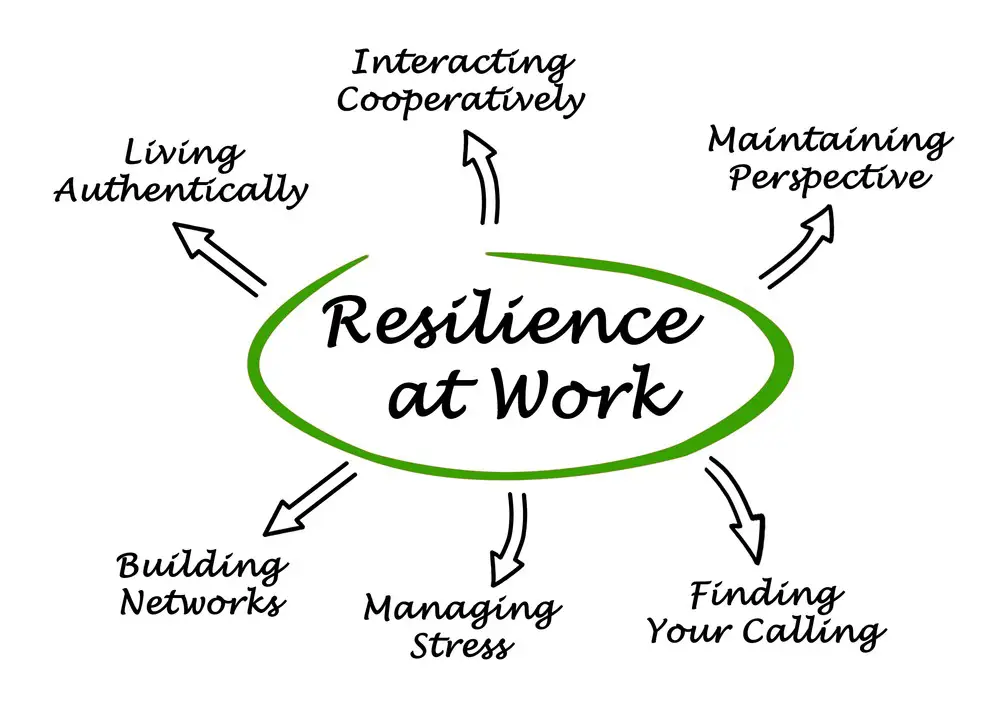
Life often presents challenges that test our resilience and compel us to seek inner strength. My story is one such journey through the turbulent waters of dealing with a narcissistic ex-partner and the impact it has had on our family and my mental health.
I once shared a close bond with my children, a relationship that flourished for many years after separating from my ex. We managed two households, maintaining a semblance of normalcy. However, in the shadow of this facade, my ex’s behavior started reflecting a severe case of narcissism. Their actions, from pursuing affairs with community leaders to launching smear campaigns against them, are textbook examples of narcissistic tendencies. As they age, their narcissistic traits seem to intensify, possibly exacerbated by the fading of their physical beauty.
The most heart-wrenching turn in this saga was my ex’s decision to alienate our children from me completely. Despite court-ordered shared custody, she has refused to allow me any communication with our kids. This refusal is a breach of our agreements and a blatant disregard for court orders. The ensuing court battles have been both exhausting and relentless.
During these trying times, I’ve leaned on several pillars of support. I’m a therapy veteran, having embraced the benefits of mental health support for some time now. Lexapro has been a part of my mental health management routine. Recently, I’ve joined BetterHelp, which has offered a fresh perspective on coping strategies.
I indulge in long, reflective walks daily to maintain my mental equilibrium. These walks are more than just physical exercise; they’re a mental sanctuary, providing clarity amidst the chaos.
In response to these experiences, I’ve found solace and purpose in writing. Sharing my insights on mental health and the complexities of dealing with narcissistic personalities has become a cathartic process. I aim to offer guidance and support to those navigating similar turbulent relationships. I believe that mental health challenges can be overcome, and my writings reflect this conviction.
In addition to my focus on mental health, I run a legal website. It’s a resource for those grappling with non-compliant spouses, particularly in cases where children are unjustly used as pawns in custodial disputes. My firsthand experience in this area has been a valuable resource for many.
The sudden severance of the close relationship with my kids about nine months ago has been a severe blow to my mental well-being. Yet, it has also been a powerful motivator. It propels me to advocate for others in similar situations, using my experience as a beacon of hope and guidance.
My journey has been one of pain, resilience, and advocacy. Through my personal and professional experiences, I strive to be a voice for those dealing with narcissistic partners and the complexities of mental health challenges. It’s a journey of continuous learning, healing, and helping others navigate their paths.

- 7 Ideas to Help You Relax and Unwind on a Family Vacation - April 27, 2025
- How Having Cybersecurity Protection Helps You Relax - April 25, 2025
- 8 Reasons Why Spending Time Outside Calms You Down - April 25, 2025
This site contains affiliate links to products. We will receive a commission for purchases made through these links.



